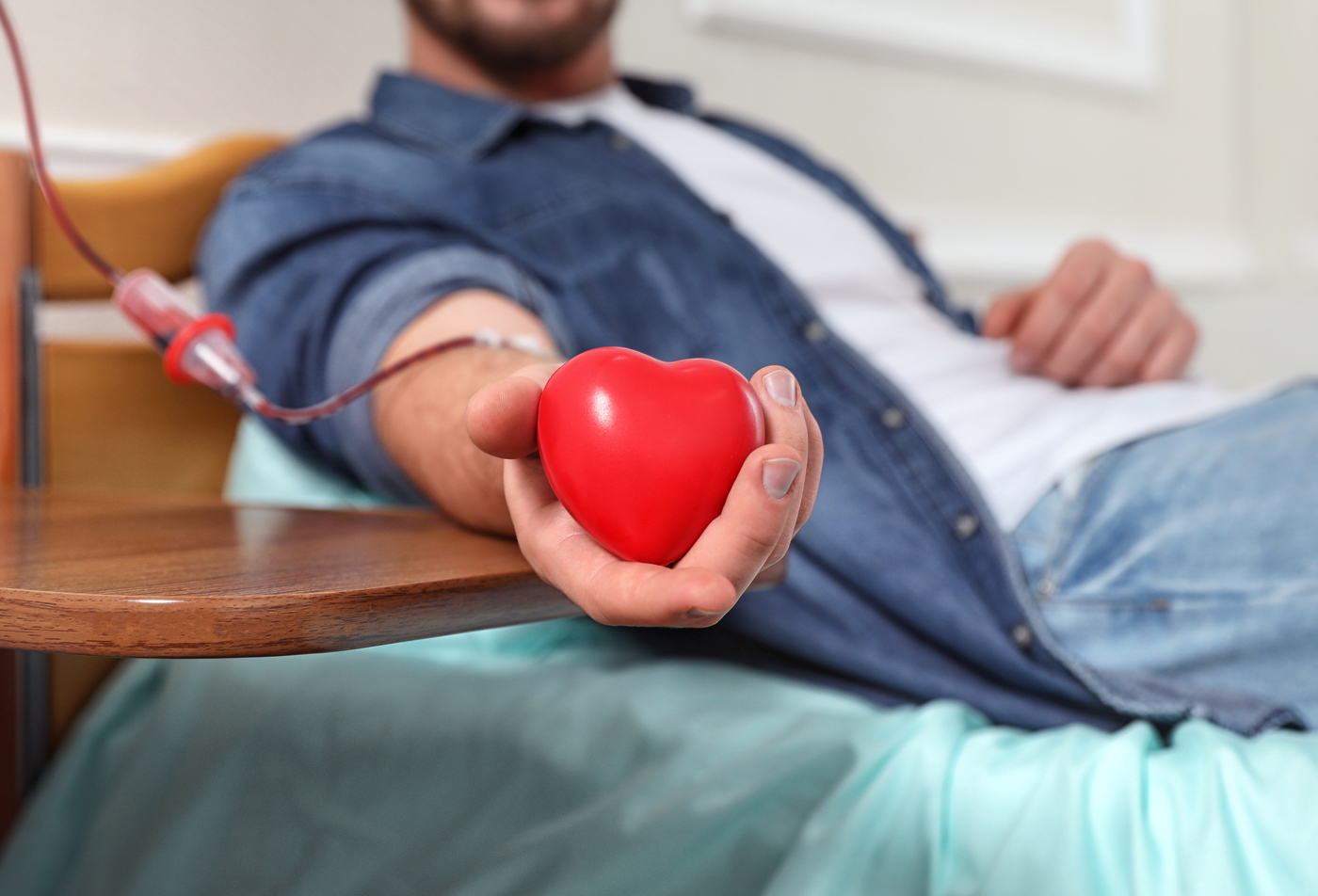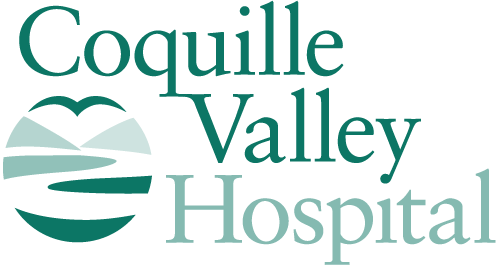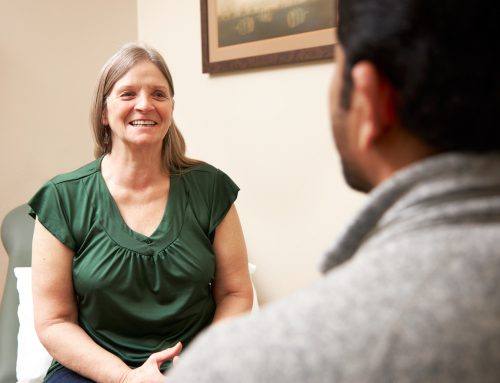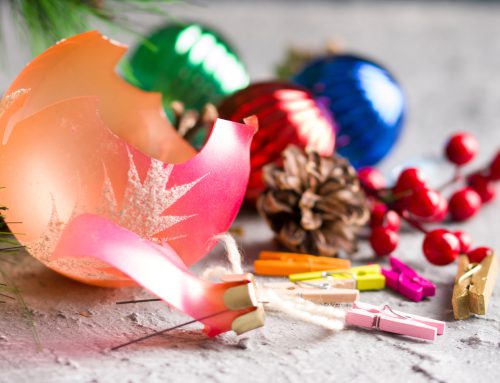Your Blood Donations Save Lives
Published January 4, 2023

January is National Blood Donor Month, which is the perfect time to thank all who regularly donate blood. Your donations are so important for Coquille Valley Hospital’s ability to be emergency room prepared and provide out-patient blood transfusions. We appreciate our community blood donors!
Do you know your blood type?
The science of matching the right blood with our patients’ blood types is important – it’s a matter of life and death. Human blood types are determined based on the presence or absence of antigens in the blood. If foreign antigens are introduced to the blood stream, the body’s immune system is likely to respond negatively, attacking the transfused blood. This makes blood type matches critical.
According to the American Red Cross, the four major human blood groups are O, A, B and AB. These are determined by the presence or absence of antigens A and B. Our blood is made up of red blood cells and plasma. Blood types are based on where the antigens are present in either the red blood cells and/or the plasma. If they are present in the red blood cells, they are called antigens; if they are present in the plasma, they are called antibodies. There is also the Rh factor, a protein that your blood either has (+) or doesn’t have (-).
The eight blood types are:
- O+: Both A and B antibodies are present in plasma; Rh factor present. This is the most common blood type because O+ is compatible with all positive blood types.
- O-: Both A and B antibodies are present in plasma; Rh factor not present. Used most commonly for transfusions in patients whose blood type is unknown, O- is considered the universal blood type.
- A+: A antigen is in red blood cells, B antibody is in plasma; Rh factor present. This is one of the more common blood types.
- A-: A antigen is in red blood cells, B antibody in plasma; Rh factor is not present. A- blood only matches with A- and O- blood donors.
- B+: B antigen is in red blood cells, A antibody is in plasma; Rh factor present. Only about 9% of the population has B+ blood. It matches with B+, B-, O+, O- donors.
- B-: B antigen is in red blood cells, A antibody is in plasma; Rh factor not present. Only 2% of the population has this blood type.
- AB+: Both A and B antigens are in red blood cells; Rh factor present. This blood type is known as the universal recipient.
- AB-: Both A and B antigens are in red blood cells; Rh factor not present. This is the rarest blood type of all. Only 1% of the population has it.
Our blood bank
Our blood bank depends on your blood donations for critical emergency care and outpatient transfusions. At our onsite lab, prior to a transfusion for blood loss or anemia, our lab services team draws and analyzes potential blood recipients to screen for blood type, Rh type and the presence of antibodies against red cell antigens. We will crossmatch a patient’s blood with donor blood to determine compatibility prior to transfusion.
Why give blood?
For the greater good of humankind, blood donations are so important. Blood donors can feel good about being a part of this essential community service. Also, if you don’t know your blood type, when you go to give blood, your blood will be tested for free to determine its type – valuable information for anyone to know regarding their health.
Blood donor eligible criteria
You must be at least 17 to give blood and in general good health. Among the main reasons not to give blood is if you are sick or on antibiotics for an infection. The American Red Cross lists eligibility criteria for who shouldn’t give blood. Many people are dedicated blood donors. There is, however, a limit to how much blood you can give, about six times a year, or about every eight weeks. This is to ensure that your blood replenishes red blood cells and iron reserves before your next donation.
How to donate blood
Either schedule appointments to give blood or participate in a community blood drive when scheduled in Coquille or Coos Bay. Many employers host blood drives at their work sites, too, and it’s often a festive affair. Coquille Valley Hospital also hosts blood drives. Everyone feels good about giving blood. It’s a real service to the community and helps to save lives. Find a local blood drive near you and make an appointment to give blood. We appreciate our blood donors. Thank you!
Subscribe to our monthly emails for Your Well-Being! Get health and wellness tips, hospital news, staff spotlights, career opportunities, our cafe menu and more, sent right to your inbox!
DISCLAIMER: No content on this website, regardless of date, should be used as a substitute for direct medical advice from your primary care provider.



